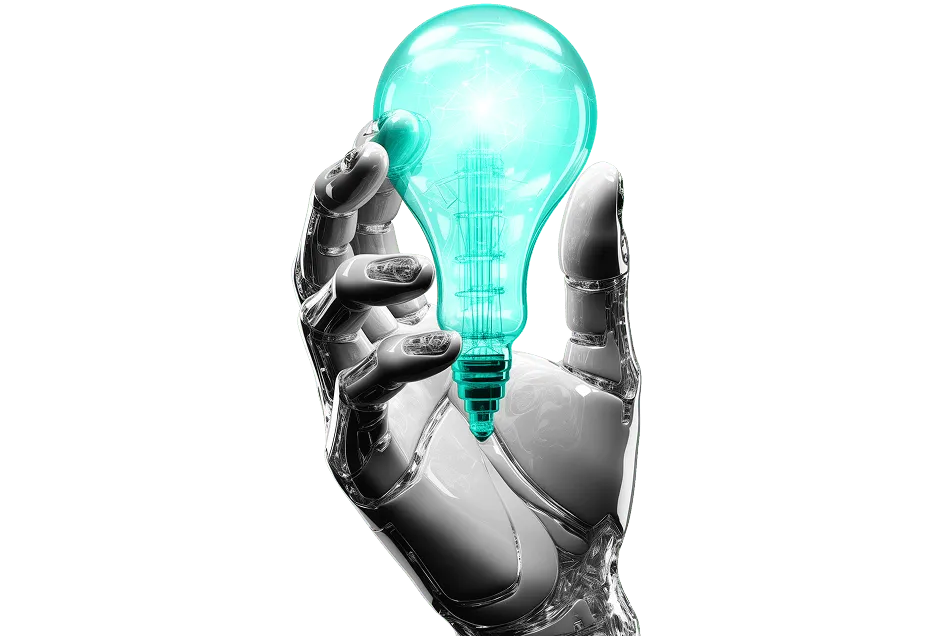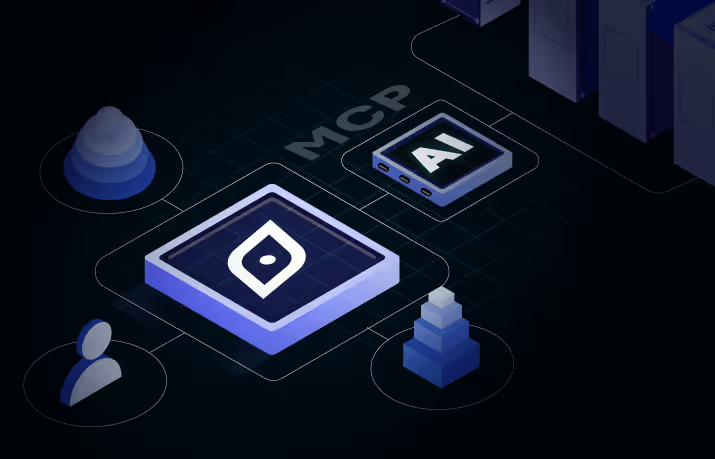Experience Level Shift: How AI Is Reshaping Workforce Strategic Planning for Early-Career Talent
A recent Deloitte states, 77% of early-career professionals believe AI will help them grow faster in their careers, compared to just 56% of experienced workers. This reflects a major shift in how organizations view capability, potential, and career progression within their workforce strategic planning.
We’re entering an era where experience alone is no longer the primary currency of value. As AI becomes embedded in everyday workflows, the edge increasingly belongs to those who can navigate, apply, and adapt through these intelligent systems—regardless of tenure.
This raises a defining question for the modern enterprise: Can early-career professionals, equipped with the right tools and mindset, deliver outcomes traditionally reserved for more seasoned talent?
Why Is the Traditional Experience Model in Workforce Strategic Planning Being Rewritten?
For decades, workforce strategic planning leaned heavily on seniority. The longer someone had been in the system, the more they were trusted to lead, innovate, or make key decisions.
This workforce strategic planning made sense when:
- Knowledge was scarce and learned slowly through repetition and mentoring.
- Expertise was linear, built over time through exposure to recurring patterns.
- Change was incremental, allowing experience to remain relevant across years.
For early-career professionals, this meant years of observing, learning, and gradually earning trust before they were allowed to lead or innovate.
But today, this model is showing cracks as –
- Business cycles are shorter.
- Workflows change every quarter.
- Knowledge is searchable, not stored.
Employees at any level can now gain leverage, not from tenure, but from how quickly they learn and apply.
AI Is Redefining What It Means to Be “Skilled”
Where traditional workforce strategic planning rewarded knowledge accumulated over time, today’s work environment rewards those who can quickly access, interpret, and apply information through intelligent systems like Agentic AI.
AI is amplifying the capabilities of those who know how to use it well. This shift is reshaping Workforce Strategic Planning, as early-career talent is starting to punch above its weight. We’re seeing this across roles:
- A junior analyst can deliver signal-driven market research in hours using AI-powered engines.
- A first-year marketer can run multichannel campaigns using AI for persona mapping, content generation, and A/B optimization.
- An early-career developer can contribute to production-grade software using code copilots and automated QA tools.
The playing field is flatter. What once took years of pattern recognition and institutional knowledge can now be accelerated through AI-assisted execution, prompting a rethinking of how Workforce Strategic Planning identifies, develops, and deploys talent.
Why Early-Career Talent Is Leading This Shift
The biggest adopters of AI in the workplace aren’t just the C-suite; they’re the youngest people in the room.
Here’s what gives them an edge:
- Default to tools first, choosing automation over manual effort.
- Learn by doing, not waiting for permission or hierarchy.
- See AI as a collaborator, not a competitor.
This makes them not just effective users of AI, but creative reinterpreters of how work gets done.
In many organizations, early-career employees are already driving competitive research, producing board-level deliverables, and shaping strategic decisions as frontline contributors.
Their impact highlights a key insight for Workforce Strategic Planning: AI fluency can rival and sometimes outperform experience.
But Let’s Be Clear: Experience Still Matters
It’s important to acknowledge that while AI levels the playing field in many ways, it doesn’t replace everything experience brings.
- Judgment in ambiguity
- Emotional intelligence and stakeholder management
- Risk recognition and decision-making under pressure
These strengths are often built over time. The goal isn’t to pit experience against AI-enabled talent, it’s to create a more dynamic workforce strategic planning where both are valued appropriately.
A New Talent Playbook for Evolving Workforce Strategic Planning
As early-career professionals demonstrate their ability to contribute to business outcomes, HR and talent leaders must evolve their workforce strategic planning.
Here’s what forward-looking organizations are already doing:
- Rethinking hiring criteria: Prioritizing tool fluency, problem-solving mindset, and learning velocity over years in role.
- Redesigning roles: Shifting from static job descriptions to capability-based outcomes.
- Reimagining growth paths: Building career models that reward applied intelligence and value creation and not just time served.
The goal isn’t to replace experience, it’s to build a system where capability at any level can be recognized, nurtured, and scaled.
Draup is helping companies like Pepsico, Randstad, Vodafone, Paypal, Pfizer, Intuit and many more to build effective workforce strategic planning by providing real-time skills intelligence.
Book a demo now!!










.svg)

















.svg)





.svg)





.svg)
